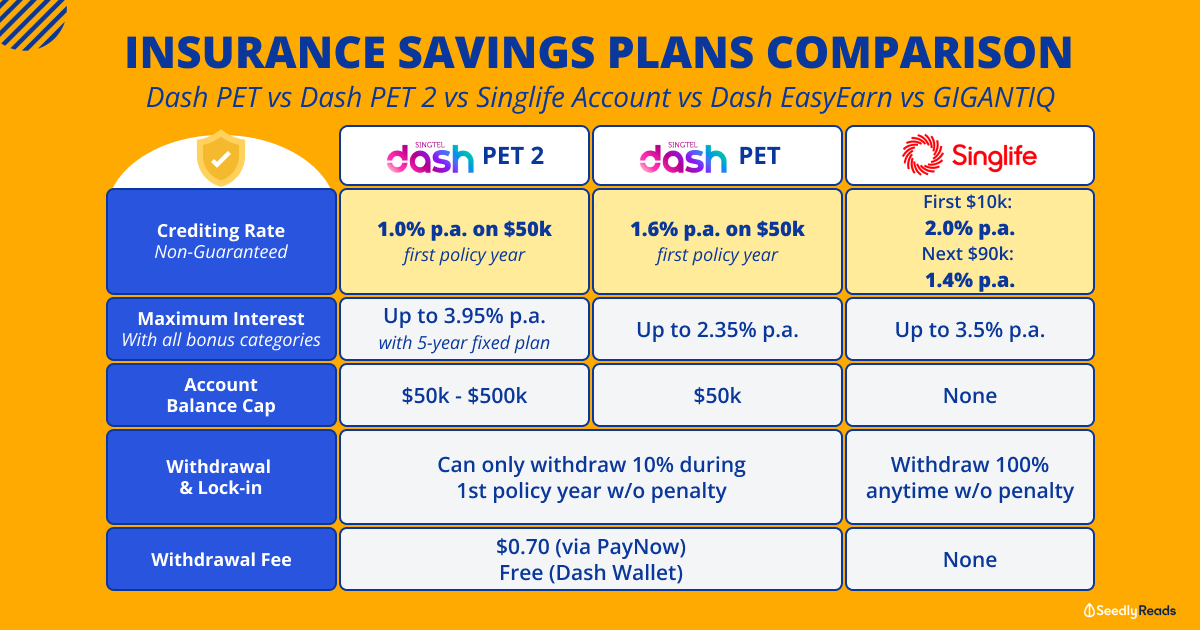Advertisement
Anonymous
Hi friend is interested in buying hospitalisation insurance. She had previously tried to apply for CI at AIA and got postponed as results are inconclusive. Will she be able to buy a shield plan?
Wants to buy shield plan
6
Discussion (6)
What are your thoughts?
Learn how to style your text
Elijah Lee
27 Aug 2020
Senior Financial Services Manager at Phillip Securities (Jurong East)
Reply
Save
View 1 replies
Hey there!
What do you mean by the results were inconclusive? The underwriters should give a verdict, whether it's a loading, exclusion or a rejection. The underwriting for CI plans are typically quite strict. So the only way to know if she is able to get a shield plan is if she applies for it to see what the underwriters get back.
Financial planning is an integral part of life. You can reach me here to find out more.
Reply
Save
View 3 replies
Write your thoughts
Related Articles
Related Posts
Related Posts
Advertisement








Hi anon,
Your friend's application was probably postponed on the basis that her health is current not in a stable condition (since further actions were needed) and typically you can't underwrite on a situations that is fluid and may deteroriate further (or, hopefully, improve)
This is akin to fracturing your bone in a fall and then applying for death/TPD coverage. I will recall one incident I had seen. Due to the fact that this client wanted to apply but had been sitting on it for a while, and only applied after falling and fracturing, it's not known for sure how the fracture will heal (it was a simple fracture, not a compound one). If there were complications, it would have been likely an exclusion on TPD. If the client wanted no exclusions, the only way to prove it is to have the fracture fully heal and have a report saying that it's healed.
It's just common sense. Would you want to buy a car that used to have engine problems, but was supposedly fixed? Or would you want to buy a car that used to have engine problems, was fixed, and was certified fixed, by say, an authorized dealer or workshop? Naturally you would commit into a contract of buying the car in the latter scenario. You would be terrified of further problems with the engine if you went with the first scenario. It's the same from the insurer's perspective. Either the ovaries are polycystic, or they are not. There is no 'may be' from their point of view.
So if her health is still in a 'non-steady' state, I'd suggest that she get everything cleared up first before attempting to apply again. FYI, CI underwriting may not be horribly strict, but shield plans are strictest.